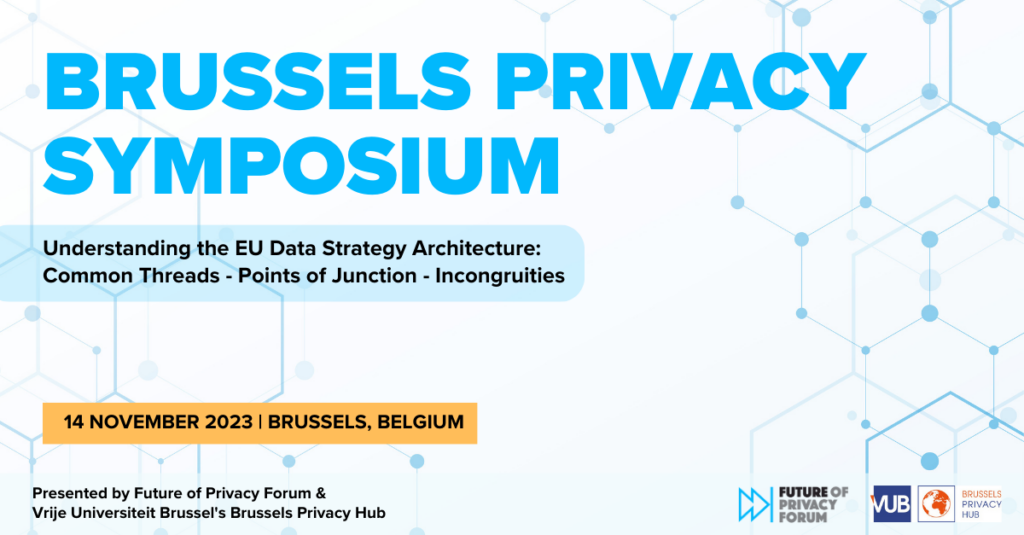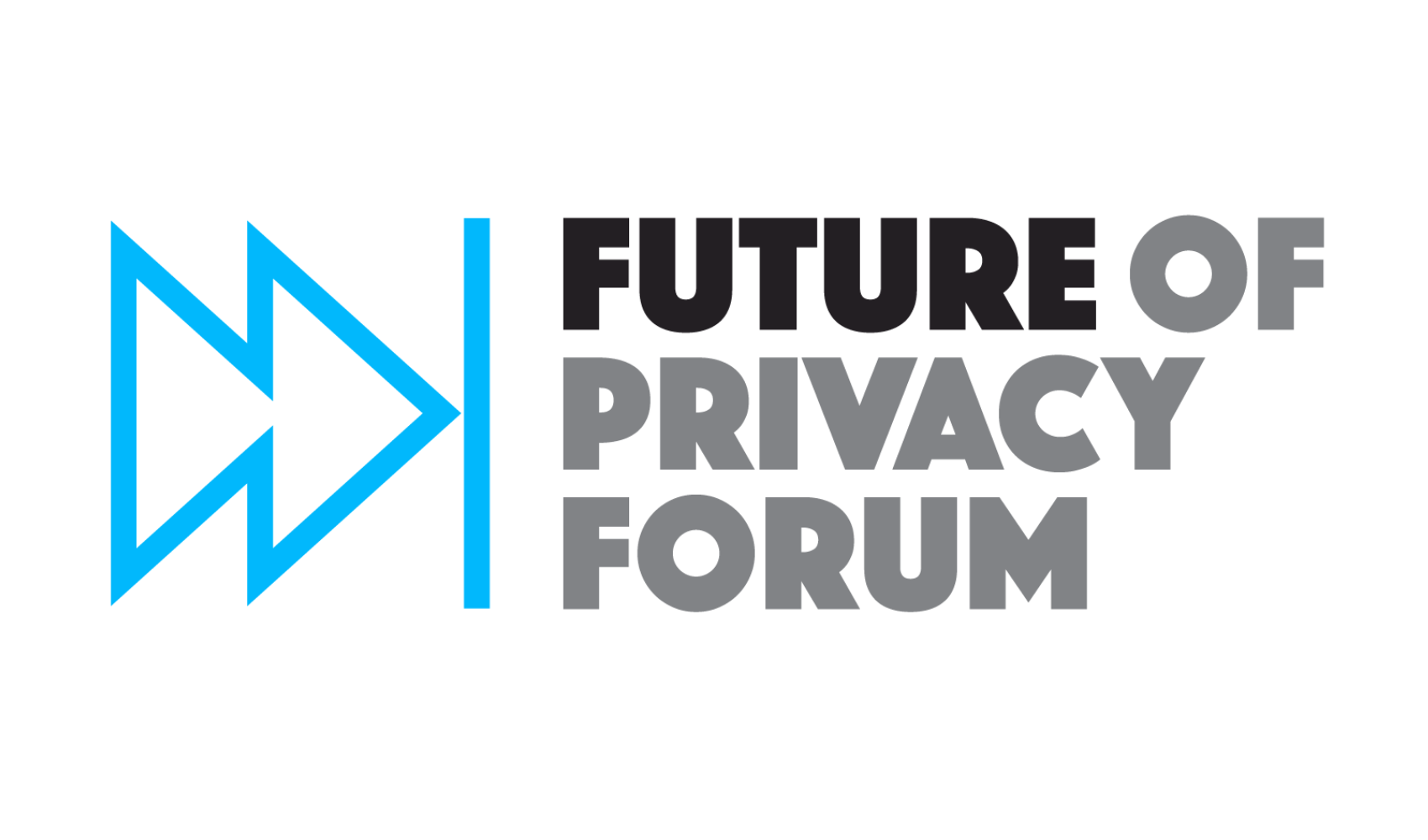Gabriela Zanfir-Fortuna
Vice President for Global Privacy, FPF
Dr. Gabriela Zanfir-Fortuna is the Vice President for Global Privacy at the Future of Privacy Forum, where she leads the work on Global privacy developments and counsels on EU data protection law and policy, working with all FPF’s offices and partners around the world. She created and curates FPF’s Global Privacy blog series.
Gabriela currently serves as a member of the Reference Panel of the Global Privacy Assembly, and she is also a member of the Executive Committee of the ACM FAccT (Fairness, Accountability and Transparency) Conference, since 2021. She is a member of the European Digital Media Observatory (EDMO) Working Group on Access to Platform Data, working on the creation of a Code of Conduct on access to platform data under Art. 40 of the GDPR.
As a data protection and privacy law expert, Gabriela recently testified for the FTC on data portability and for the European Parliament’s LIBE Committee on the EU’s proposed Data Governance Act.
Prior to moving to the US in 2016, she worked for the European Data Protection Supervisor in Brussels, being part of the team that advised the EU legislator on the GDPR during its legislative process. She dealt with both enforcement and policy matters, was a member of the EDPS litigation team appearing before the Court of Justice of the EU, as well as actively participated in the work of the Article 29 Working Party. She worked on the assessments of both the draft EU-US Privacy Shield and the draft EU-US Umbrella Agreement during her time at the EDPS and the Article 29 Working Party.
She previously served as a Program Chair (Law) for the ACM FAccT 2020 and as a member of the Program Advisory Committee for the ICDPPC 2019 Conference in Tirana. She was also a member of the Program Committee of PLSC Europe, CPDP – academic track, ACM – AIES 2020, and the ENISA Annual Privacy Forum. She served as a Project Scientist supporting the IoT Privacy Infrastructure Project within the Institute for Software Research of Carnegie Mellon University (2019 – 2020).
Gabriela holds a Ph.D. in law (2013, University of Craiova) with a thesis on the rights of the data subject from the perspective of their adjudication in civil law and an LLM in Human Rights (2010), after obtaining her law degree at the same university (2009). She is also an associated researcher with the Law, Science, Technology and Society Center at Vrije Universiteit Brussel.




